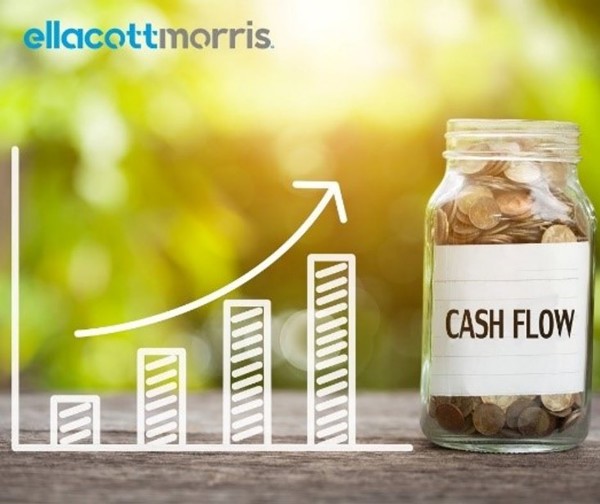
If you have submitted a self-assessment tax return you may have been asked to make a ‘payment on account’ (POA) but are unsure what this means and why you’ve been asked to make it.
Under HMRC’s self-assessment system, payments on account are required for your income tax liabilities. When you submit a self-assessment tax return, which may be to declare income from self-employment, dividends, property rental income or other sources, the self-assessment system collates all of your taxable income, regardless of how you’ve earned it or where it came from, for that tax year.
The gross total concluded, plus your National Insurance (NI) contributions, less any personal allowances that are available to you will confirm your tax liability for that tax year.
Should that figure, excluding capital gains and student repayment loans, be less than £1000, or you paid more than 80% through PAYE, then you won’t be asked to make a POA. If, however, that total exceeds £1000 and less than 80% has been collected through PAYE then you will be asked to make a POA.
POAs are broken down into two payments for each tax year, each amounting to 50% of the relevant tax amount for the previous tax year. POA payments are due by 31st January within the same tax year and by 31st July of the following tax year.
A good example of this is:
Tax bill for previous tax year = £1000
Payment on Account paid on 31st Jan = £500
Payment on Account paid on 31st July = £500
Tax bill for following tax year = £2000
Only £1000 is due because half has already been paid on account.
Although, the subsequent payments on account will then be calculated based on your £2K tax bill, so 2 payments of £1K each will need to be made on account.
If you believe that your POA will in fact exceed your anticipated tax bill for the following year, and you would therefore be in credit with HMRC, you can request to reduce your payments. It is worth noting that should you expect a reduction in your subsequent tax bill, but you in fact end up exceeding your previous year’s total, you will be charged interest by HMRC on the underpayment. This is not a penalty, simply an interest charge, but it will mean you’ll end up paying more.
You can find out more about HMRC’s POAs by visiting https://www.gov.uk/hmrc-internal-manuals/self-assessment-legal-framework/salf303 or simply calling us at Ellacott Morris where we can explain everything specifically relating to your taxes.
If this all still seems as clear as mud then we’re always happy to review individual cases and provide expert advice based on your tax liabilities, so don’t hesitate to get in touch.




